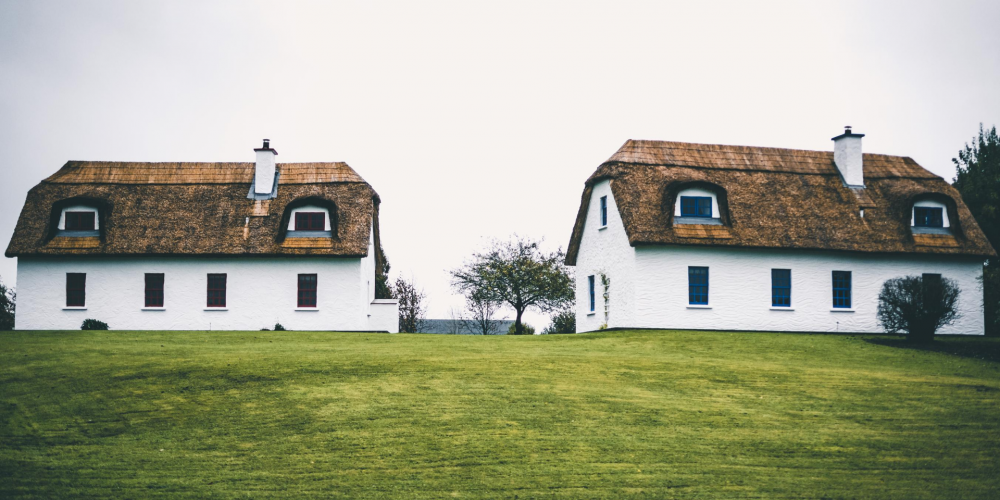Thousands of homeowners in cities are looking towards second homes in the countryside for increased personal space and freedom. COVID-19 has steered many of us all to appreciate outdoor space more than ever. Lockdown also means that countless people are now working from home – something that appears to be the new norm and possibly here to stay. These remote-workers are not required to live all-year-round in the city any longer and many are considering a move to the country. Alternatively, you may be looking at a second home to increase your income. Perhaps you are buying a second home to rent out, holiday let, or you are hoping to make a nice profit through property development.
Whatever your reasoning, buying a second home is exciting and rewarding, however, there can be a few obstacles you should know about! Before you make a purchase, we recommend that you chat to somebody who already owns a second home or seek professional advice – you may be surprised at how much work can be involved. Today, we would just like to run through some details that you must consider and decisions you must make before making a purchase.
Taxes
Firstly, we want to discuss the horrible topic of… taxes. When purchasing a second home, there are various taxes to pay during the transaction. Your specific taxes will depend upon why you are purchasing your second home. For example, income tax will be due if you rent out your second home to increase income. You will also be charged capital gains tax when you sell a rented property. However, if you are planning on using your second home as a holiday let, you will need to set up a company. With a company comes even more taxes and admin!
However, do not despair! We can offer you a snippet of good news regarding taxes. Between now and the 31st March 2021, Stamp Duty Land Tax has been reduced for people purchasing second homes. These taxes have been paused to help the struggling housing market during COVID-19. You can save quite a lot of money during this period! Now could be a really smart time to invest in property. There is still a 3% levy but it is still a lot cheaper than it was a month ago.
Mortgages
Another item that you must also do some prior research on is mortgages. When buying a second home, you will need a mortgage that caters for your home’s usage. This is very, very important. If you ever have any changes to circumstances, you must update your mortgage lender. Take note that buy to let, and holiday let mortgages are not the same. For example, many lenders will generally state that they only consent for tenants that stay for a minimum of six months. Make sure that you discuss everything with your lender and be completely honest. Omitting any details might come back to bite you on the bum!
If you plan on renting out your second home, several things need to be put into place. Make sure that you have the correct home insurance. Normal buildings and contents policies will not cover you for rented properties, you will need to take out a different type of policy if you are a landlord/landlady. Your property will also require explicit appliances and furniture that are safe, certified and secure. You can contact a letting agency for advice regarding health & safety in rented properties. Letting agencies can also help you with tenant viewings, mending broken appliances and any other practicalities for a fixed monthly fee.
We want to reiterate that having a second home could be a fantastic investment. Especially now with reduced Stamp Duty! Second homes could result in long-term capital appreciation, and profits and is a solid asset class to hold as part of a balanced retirement pension plan. Just make sure that you completely understand taxes, mortgages, insurance and all of the other requirements involved.
Whilst you’re here, why not browse the perfect second home for you on Houso – download the app on Android or App Store today!

